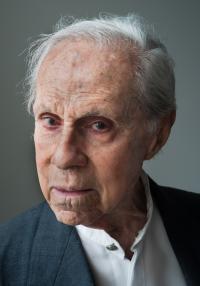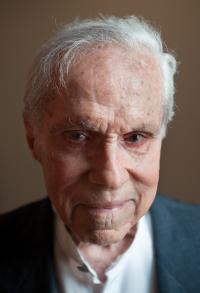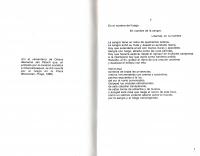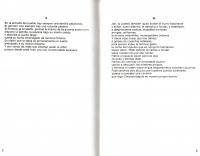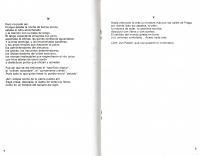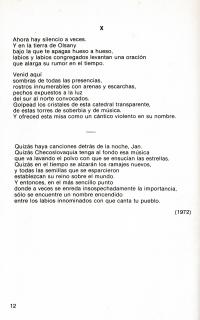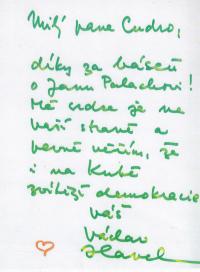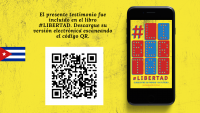Nejlepší způsob, jak si člověka podrobit, je učinit ho závislým na darech
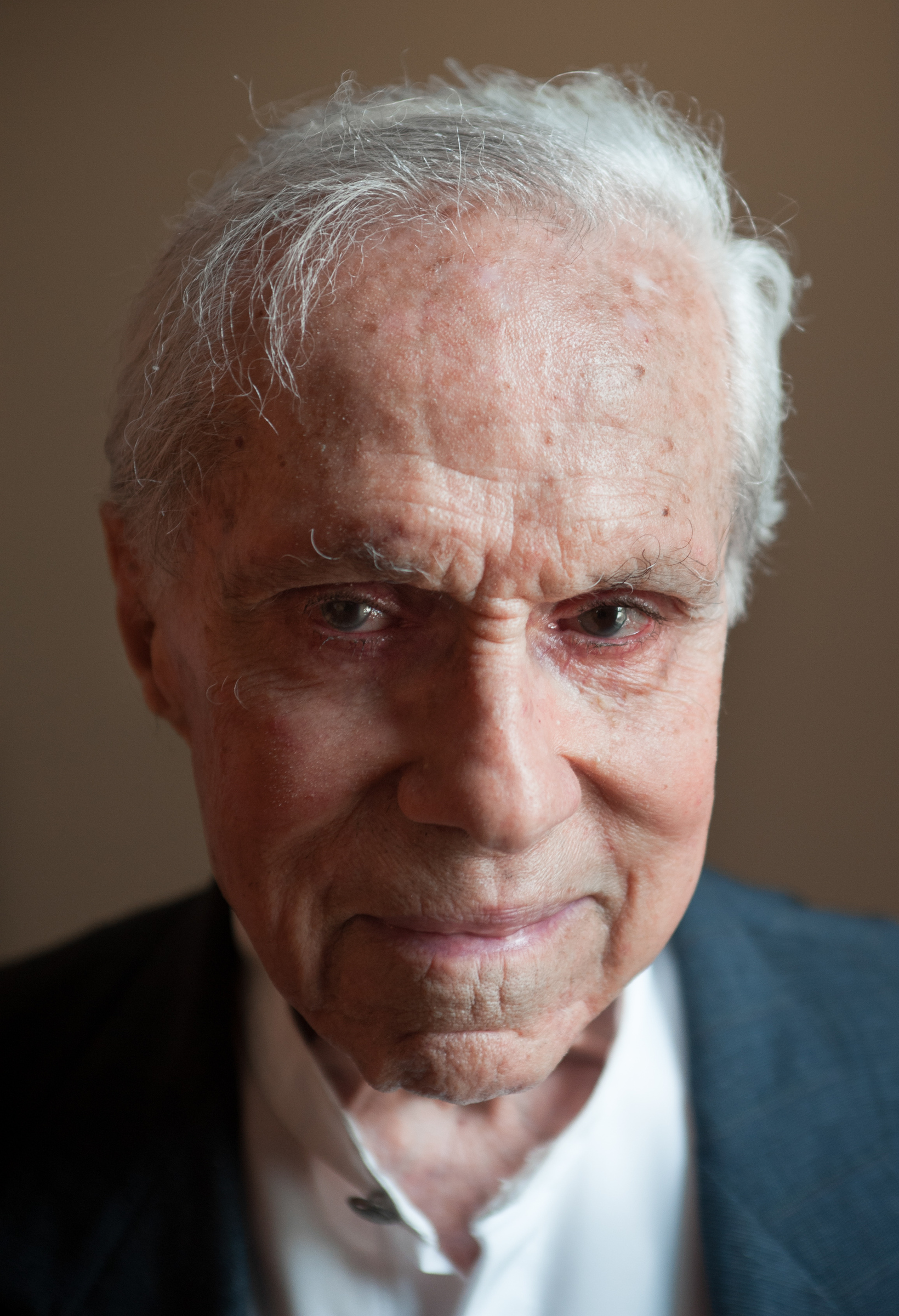
Stáhnout obrázek
Ángel Cuadra se narodil roku 1931 v Havaně. Pochází ze skromných rodinných poměrů. Studoval na Univerzitě v Havaně a již tehdy byl odpůrcem režimu Fulgencia Batisty. Významný vliv na něj měla jeho matka, která byla členkou Kubánské autentické revoluční strany (Partido Revolucionario Cubano Auténtico). V roce 1957 byl jedním ze zakladatelů literární skupiny Renuevo. Po absolvování právnické fakulty pracoval jako advokát až do roku 1967. Zklamaný směrem, kterým se ubírala revoluce Fidela Castra, se zapojil do činnosti časopisu kritizujícího castrovskou vládu. Když proti němu začaly první represivní kroky, odmítl nabídku azylu od velvyslanectví Uruguaye. V roce 1967 byl zatčen, obviněn ze spiknutí proti režimu a uvězněn na 15 let. Ve vězení se věnoval tajnému publikování literárních textů politických vězňů. Stal se čestným členem PEN klubu ve Švédsku a jeho případ získal mezinárodní pozornost. Díky tomu ho v březnu roku 1981 Amnesty International zvolila vězněm svědomí měsíce. Po propuštění navštívil Švédsko a Německo, tedy země, které nejvíce bojovaly za jeho svobodu. V roce 1985 emigroval do Spojených států, kde se znovu setkal se svou rodinou. Na Floridské univerzitě (University of Florida) vystudoval hispanistiku a později tam pracoval jako profesor moderních jazyků. Během svého života získal několik literárních ocenění za poezii a jeho básně byly přeloženy do různých jazyků.
